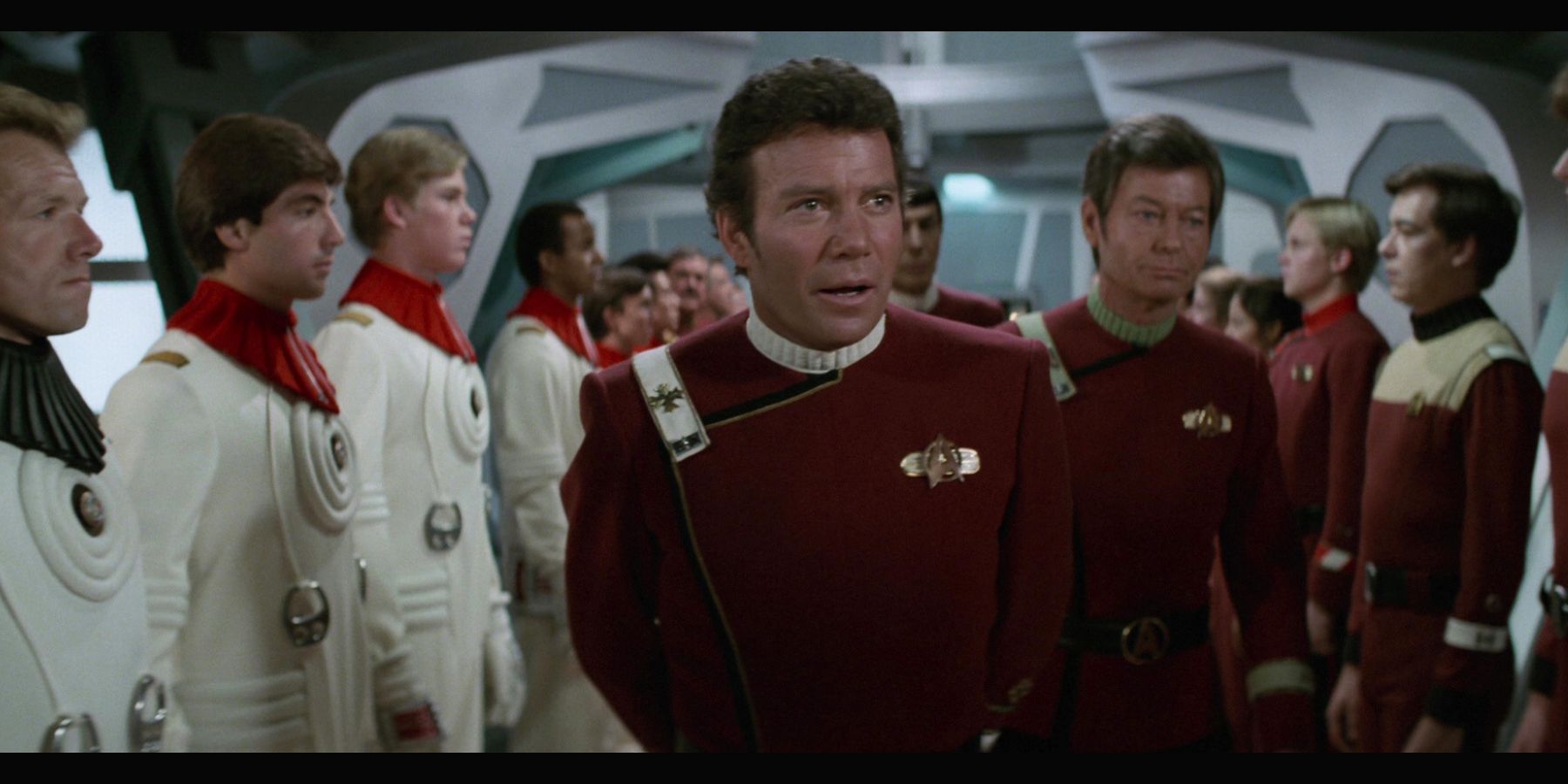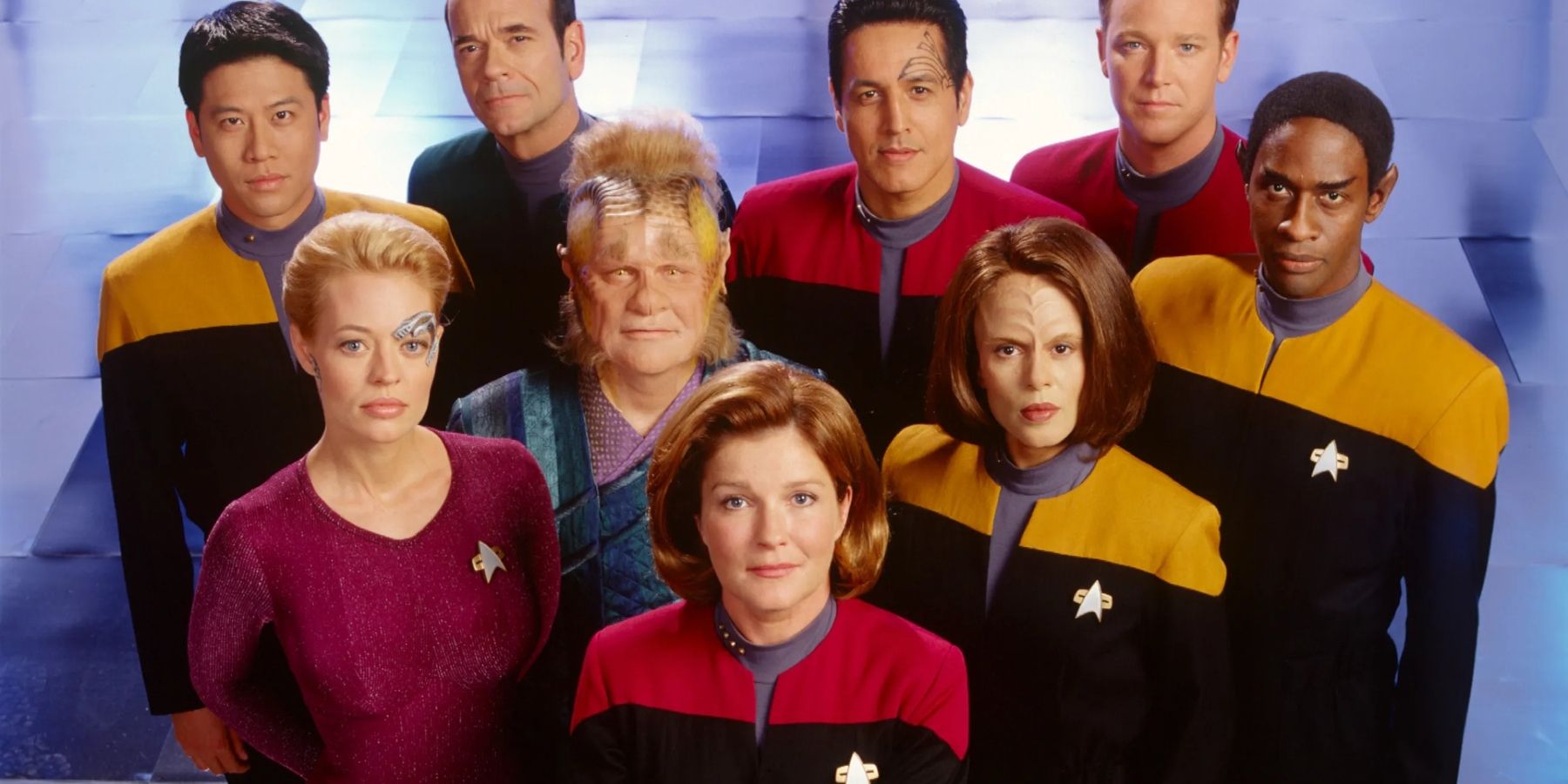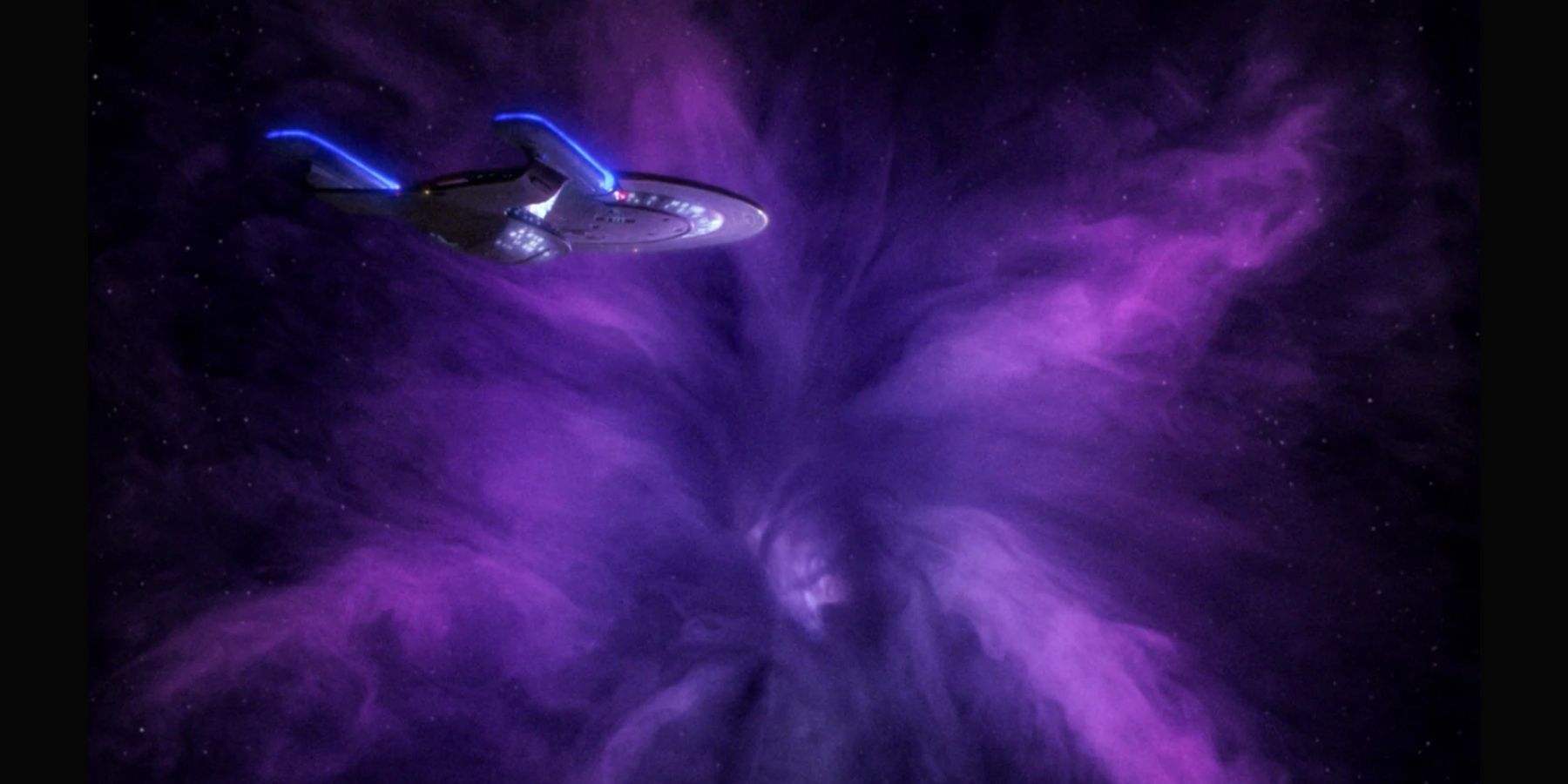The Star Trek Prime Directive was made to be unbroken, but honoring it hasn’t been easy. Just ask the Starfleet officers in charge of upholding this rule of galactic non-interference. This Federation law is supposed to stop Starfleet from interfering in the development of cultures with pre-warp technology ways of living. Over the years, however, fans have noticed that it has become the primary source for most of the galactic federation’s hijinks – the good, the bad, and the ugly.Instead of staying out of the way, it seems many a captain has confused their personal ego with respecting the Prime Directive. At the same time, it often puts space-faring captains in a rough spot. They’re damned if they sit by and do nothing, and damned if they step in to help. It begs the question: why is a guideline so vital to the Starfleet code of conduct so easy to discard in tough situations?According to the Star Trek universe, the Prime Directive ensures that “[no] starship may interfere with the normal development of any alien life or society.” In “Blink of an Eye,” the Voyager crew accidentally puts one civilization on the fast track toward becoming a modern society. Deep Space Nine episode “In the Pale Moonlight” shows viewers a captain using espionage to create a powerful ally in the war against the Dominion. The Original Series has too many breaks in protocol to count. In the 2002 movie Star Trek: Nemesis, the Next Generation crew strategically introduces post-warp technologies to a pre-warp civilization. The Prime Directive is spoken of with reverence throughout the universe. Yet, it’s easy to recall a wide variety of situations where it was easily left by the wayside in favor of a more hands-on approach. GameRant writer Alice Rose Dodds describes the Prime Directive as “a wonderful example of the complexity and depth that Star Trek is all about” in reference to the pros & cons it can present in a wide variety of situations ranging from dangerous to hilarious. Dodds goes on to point out how it works best when officers see it as vital to their mission regardless of where they are, but also to be applied on a situational basis depending on what those different situations call upon the present officers to do. It at least forced Starfleet officers on active duty taking on galactic quests or running a space station in some far-off quadrant to question their desires to violate the Prime Directive. Essentially, they use it to keep themselves in check when their urge to step in gets the best of them.The Prime Directive also set a game-changing precedent for the United Federation of Planets. It had such such positive implications for their moral character that it, as Dodds points out, “brought the [logic-obsessed] Vulcans to [Earth].” Star Trek puts a lot of significance into the pursuit of applying philosophical thought to building and maintaining an interstellar society of beings. Naturally, this higher thought is reflected in the guiding ideology of the Prime Directive. It doesn’t demand obedience. Rather, it encourages officers coming into contact with various planets to consider that representing Starfleet doesn’t make them better than the races they encounter. Therefore, it shouldn’t give them the right to impose their ideals on others just because they are – to a high-tech officer – not as advanced in their cultures. As in all things, there are always two sides to the story, and this story of intergalactic relations is no different.
GameRant writer Alice Rose Dodds describes the Prime Directive as “a wonderful example of the complexity and depth that Star Trek is all about” in reference to the pros & cons it can present in a wide variety of situations ranging from dangerous to hilarious. Dodds goes on to point out how it works best when officers see it as vital to their mission regardless of where they are, but also to be applied on a situational basis depending on what those different situations call upon the present officers to do. It at least forced Starfleet officers on active duty taking on galactic quests or running a space station in some far-off quadrant to question their desires to violate the Prime Directive. Essentially, they use it to keep themselves in check when their urge to step in gets the best of them.The Prime Directive also set a game-changing precedent for the United Federation of Planets. It had such such positive implications for their moral character that it, as Dodds points out, “brought the [logic-obsessed] Vulcans to [Earth].” Star Trek puts a lot of significance into the pursuit of applying philosophical thought to building and maintaining an interstellar society of beings. Naturally, this higher thought is reflected in the guiding ideology of the Prime Directive. It doesn’t demand obedience. Rather, it encourages officers coming into contact with various planets to consider that representing Starfleet doesn’t make them better than the races they encounter. Therefore, it shouldn’t give them the right to impose their ideals on others just because they are – to a high-tech officer – not as advanced in their cultures. As in all things, there are always two sides to the story, and this story of intergalactic relations is no different. Creating the Prime Directive was such an important move for the Federation. It was the difference between respecting the cultures of alien races or simply taking colonialism into the stars. Captain Janeway and the crew of Voyager accidentally pushed an alien society into their Modern Era, which it was headed toward anyway. Captain Sisko’s deceitful deeds helped Starfleet when a brutal war they’d been fighting for years against an enemy with literal powers of transformation. Captain Kirk and crew always questioned their desire to intercede in the affairs of alien races. Even Captain Picard had a good reason for falling into the unfortunate series of events that lead him to break the Prime Directive. The desire to help or do good is useless without the willingness to follow it with action. Breaking the Prime Directive must seem like a small sacrifice in the face of the greater good.
Creating the Prime Directive was such an important move for the Federation. It was the difference between respecting the cultures of alien races or simply taking colonialism into the stars. Captain Janeway and the crew of Voyager accidentally pushed an alien society into their Modern Era, which it was headed toward anyway. Captain Sisko’s deceitful deeds helped Starfleet when a brutal war they’d been fighting for years against an enemy with literal powers of transformation. Captain Kirk and crew always questioned their desire to intercede in the affairs of alien races. Even Captain Picard had a good reason for falling into the unfortunate series of events that lead him to break the Prime Directive. The desire to help or do good is useless without the willingness to follow it with action. Breaking the Prime Directive must seem like a small sacrifice in the face of the greater good.
As Twitter user Chris @STTOSRunner points out, there are many ways to technically not violate the Prime Directive. Perhaps this is why breaking it can almost feel like a Star Trek requirement since it happens so often. The above Tweet uses one of the many comic adaptations to convey the different ways a captain can plot to violate the Prime Directive. This makes many readers think it’s less about Starfleet officers doing what they should, but rather just doing what they want. They see the Prime Directive as an excuse to not step in where needed, or a reason to act with a pompous will. While it might seem harsh, every fan is entitled to their own opinion. When it comes to Trekkies, it’s especially applied when the Prime Directive is about as easy to mess with as Dr. McCoy’s last nerve – on a good day.

